These fearless women shattered barriers, made history, and left a legacy—you won’t believe what they accomplished.
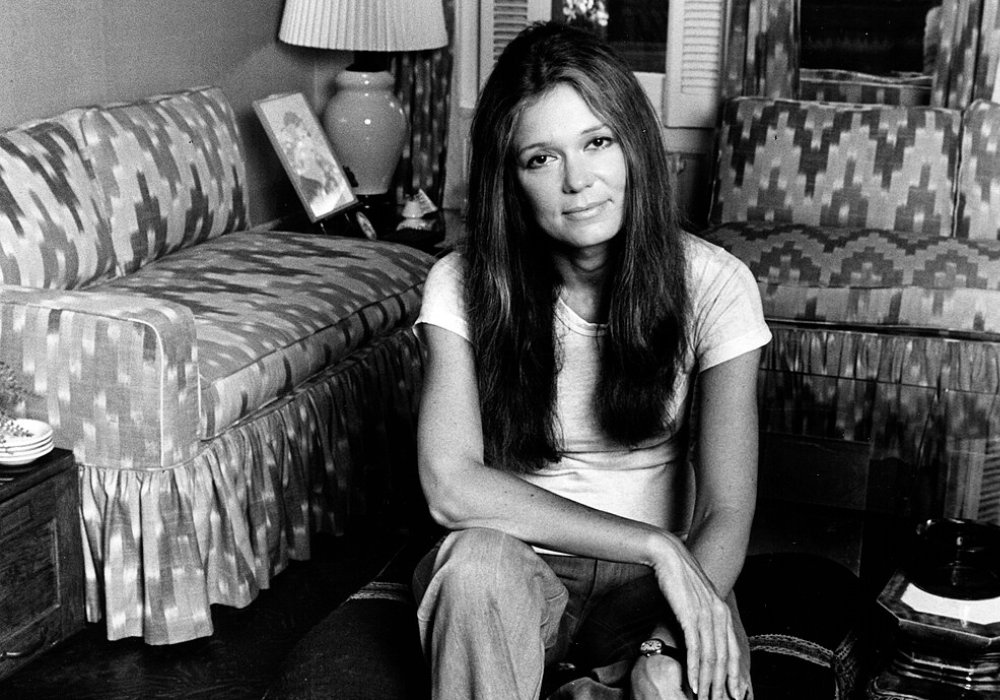
They defied expectations, shattered glass ceilings, and rewrote history—yet so many of their names are fading from memory. The 1960s and ’70s weren’t just about cultural revolutions; they were decades when fearless women fought for change, often at great personal cost.
Their courage shaped the world we live in today, but do we truly appreciate what they endured? Some were celebrated, others overlooked, but all left a mark that still matters. Get ready to remember the women who changed everything.
1. Gloria Steinem didn’t just report the news—she became the voice of the feminist revolution.
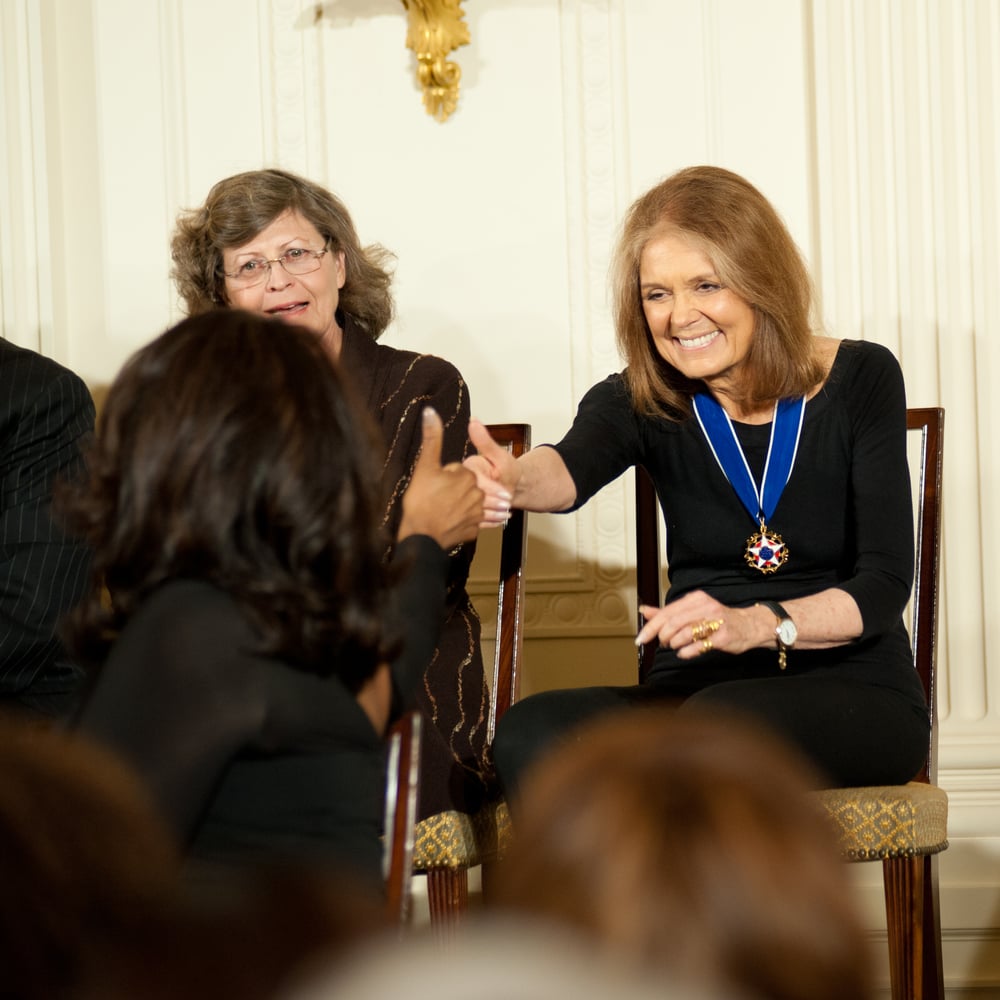
Before Gloria Steinem, feminism didn’t have a mainstream media powerhouse leading the charge. As a journalist, she exposed sexism and fought for women’s rights in ways no one else dared. Her undercover Playboy Bunny exposé revealed workplace exploitation, while Ms. Magazine gave women a platform to speak out. She didn’t just write about change—she lived it. If you ever took your rights for granted, thank Gloria for making the fight impossible to ignore.
2. Aretha Franklin demanded respect—and the whole world listened.
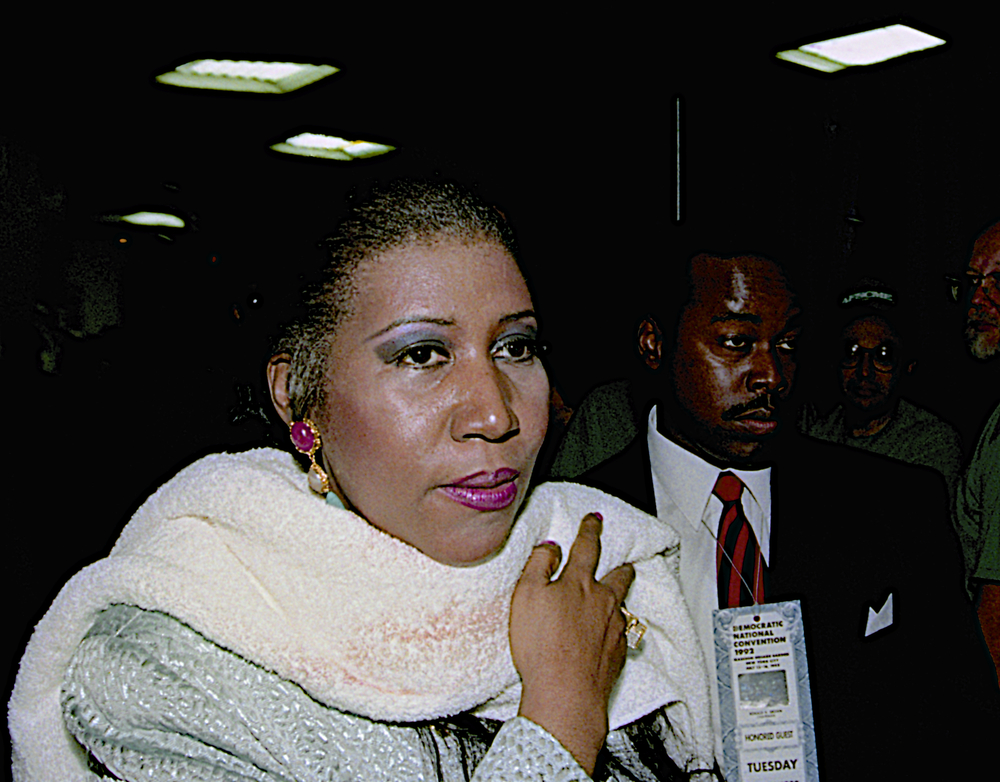
Aretha Franklin wasn’t just the Queen of Soul—she was the voice of a movement. In an interview, Jesse Jackson stated, “Aretha has always been a very socially conscious artist, an inspiration, not just an entertainer.” With powerhouse vocals and fearless activism, she turned “Respect” into an anthem for women and civil rights. Her music wasn’t just about love and heartbreak; it was about power, dignity, and justice. She sang at Dr. King’s funeral, bailed out activists, and never backed down. That voice, that presence—she didn’t just entertain, she inspired. If you’ve ever fought for what’s yours, Aretha had your back.
3. Jane Fonda went from Hollywood royalty to one of the most controversial activists of her time.
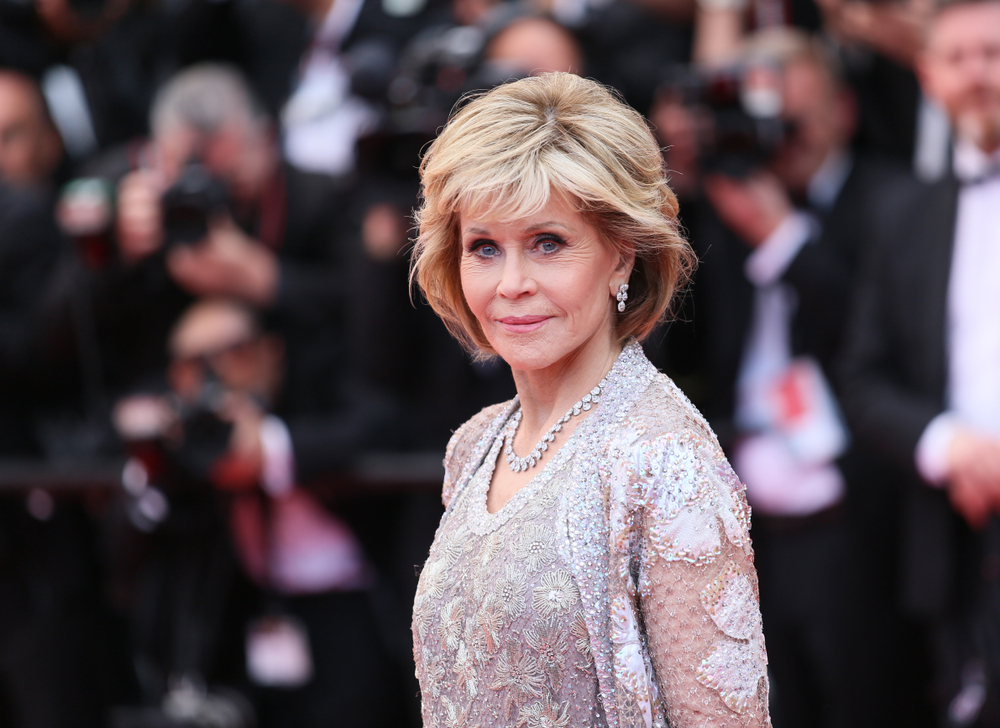
Jane Fonda could have stayed in her Hollywood bubble, but she chose to make waves. She risked her career—and her freedom—by speaking out against the Vietnam War, earning both admiration and outrage. Her infamous Hanoi trip made headlines, but her activism didn’t stop there. She fought for women’s rights, Native American causes, and later, climate action. Love her or hate her, she never played it safe. Standing up for your beliefs? Jane proved it’s never easy, but always necessary.
4. Shirley Chisholm shattered barriers and made history—long before it was “cool” to do so.
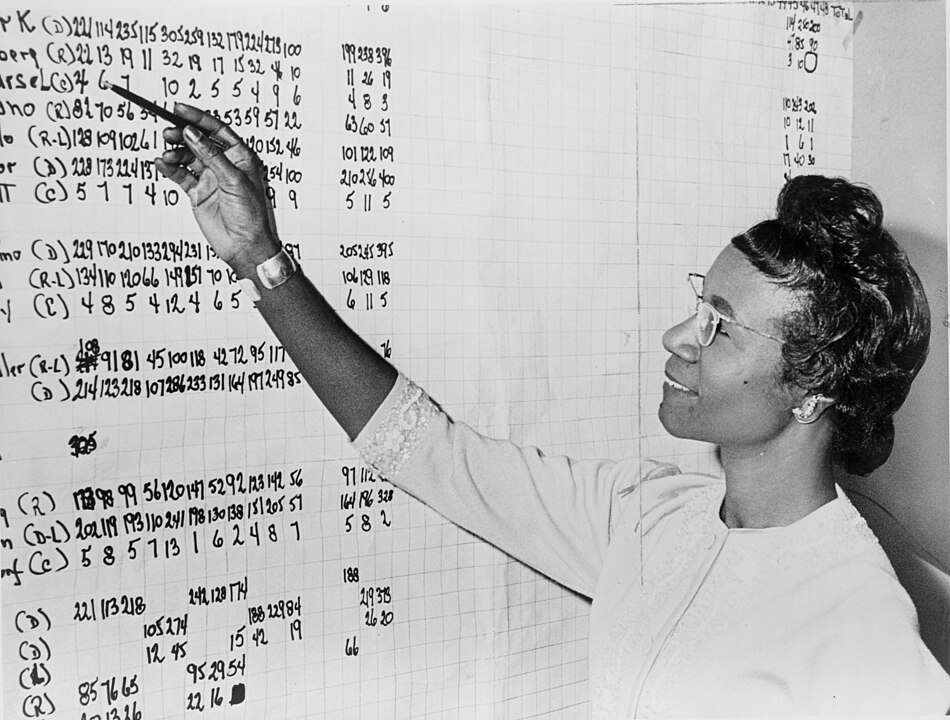
Long before diversity and representation were trending topics, Shirley Chisholm was out there making history. In 1968, she became the first Black woman elected to Congress, and just four years later, she ran for president—decades before anyone thought it was possible. “Unbought and unbossed,” she refused to play by anyone else’s rules. She wasn’t just a politician; she was a force of nature. If you think breaking barriers is tough now, imagine what Shirley had to fight through.
5. Billie Jean King didn’t just play tennis—she fought for every female athlete’s right to be treated fairly.
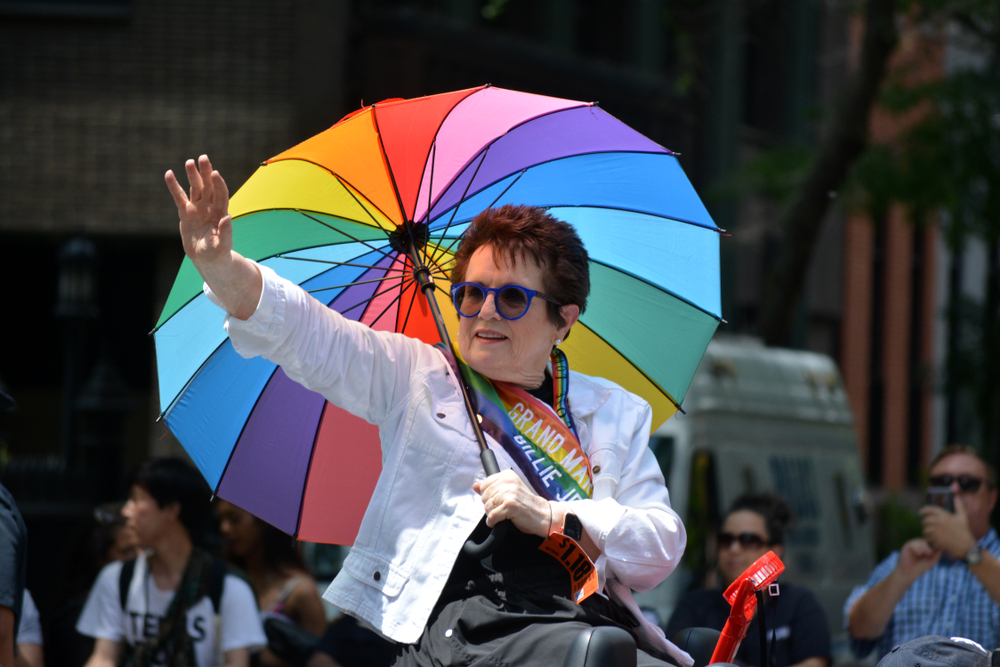
Billie Jean King didn’t just want to win—she wanted equality. In an era when women’s sports were treated like a sideshow, she took on Bobby Riggs in the “Battle of the Sexes” and proved women belonged on the same stage. But her fight didn’t stop there. She helped launch the Women’s Tennis Association, fought for equal pay, and paved the way for female athletes everywhere. Next time you see a woman earning big in sports, remember who served first.
6. Coretta Scott King turned grief into a lifelong fight for justice.
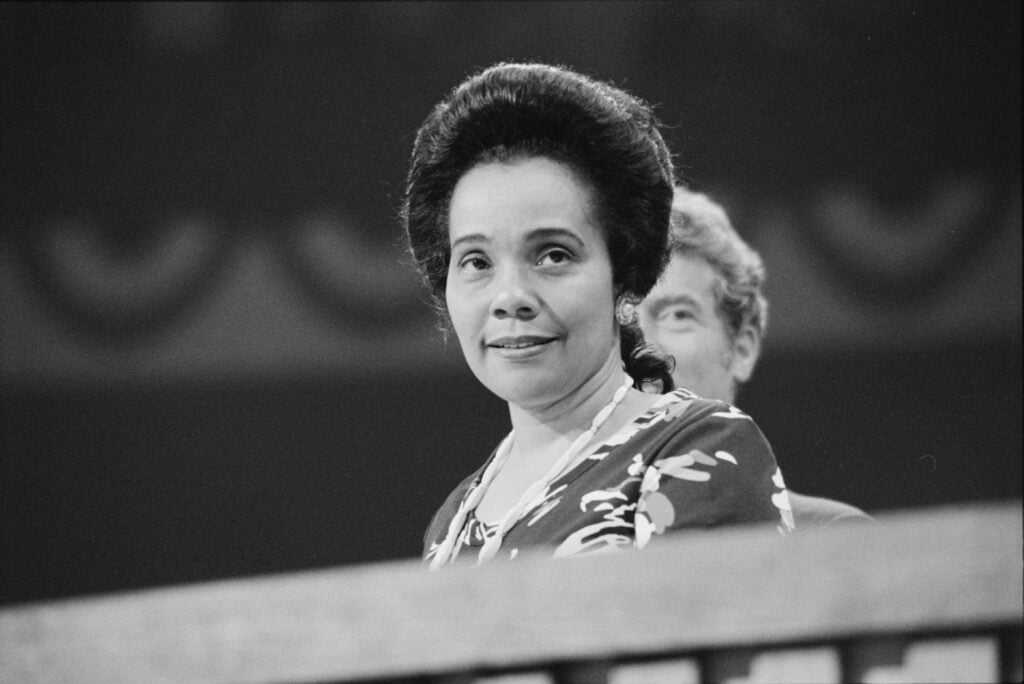
Coretta Scott King could have faded into history as Martin Luther King Jr.’s widow—but she refused to let his dream die. After his assassination, she became a tireless activist, fighting for civil rights, LGBTQ+ rights, and peace. She pushed for MLK Day to become a national holiday and kept his legacy alive in ways no one else could. She wasn’t just his partner—she was a powerhouse in her own right. If you think resilience is tough, Coretta redefined it.
7. Katharine Graham became the most powerful woman in media—when the world expected her to fail.
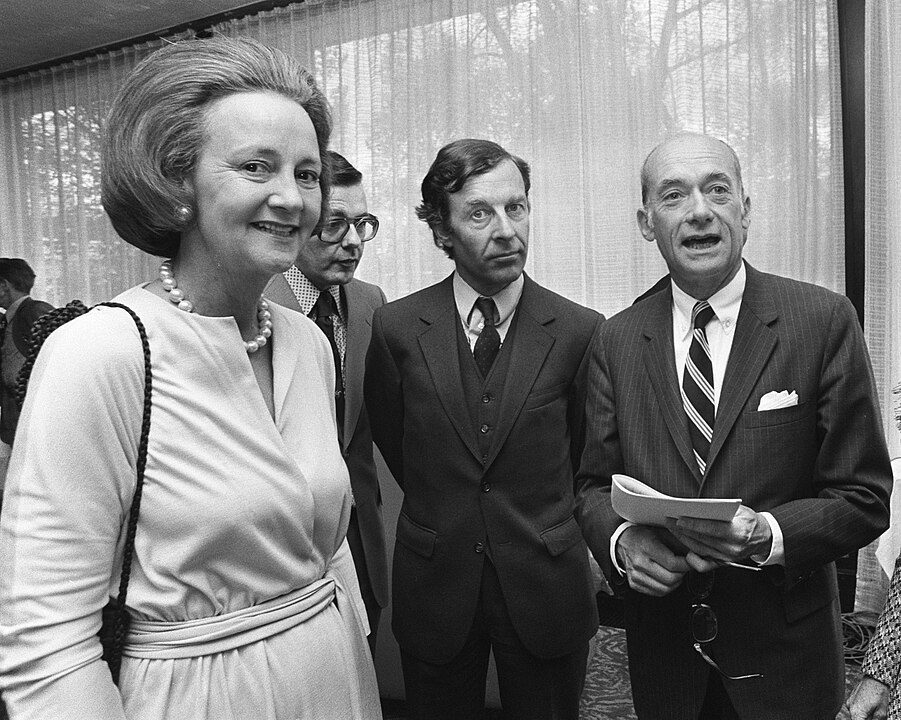
No one thought Katharine Graham would last when she took over The Washington Post after her husband’s suicide. Instead, she turned it into a powerhouse, leading the charge on the Pentagon Papers and Watergate reporting. She stood up to the White House, exposed corruption, and changed journalism forever. In an industry run by men, she proved she wasn’t just capable—she was unstoppable. The next time you see fearless investigative reporting, remember who set the standard.
8. Diana Ross didn’t just sing—she built an empire and redefined music stardom.

Diana Ross didn’t wait for permission to shine. She led The Supremes to superstardom, then went solo and became an icon. Her voice, style, and confidence made her one of the most influential artists of all time. But she wasn’t just a singer—she was a trailblazer for Black women in entertainment, proving they could be global superstars on their own terms. Today’s divas? They owe a lot to the woman who did it first, and did it best.
9. Betty Friedan didn’t just write The Feminine Mystique—she ignited a revolution.
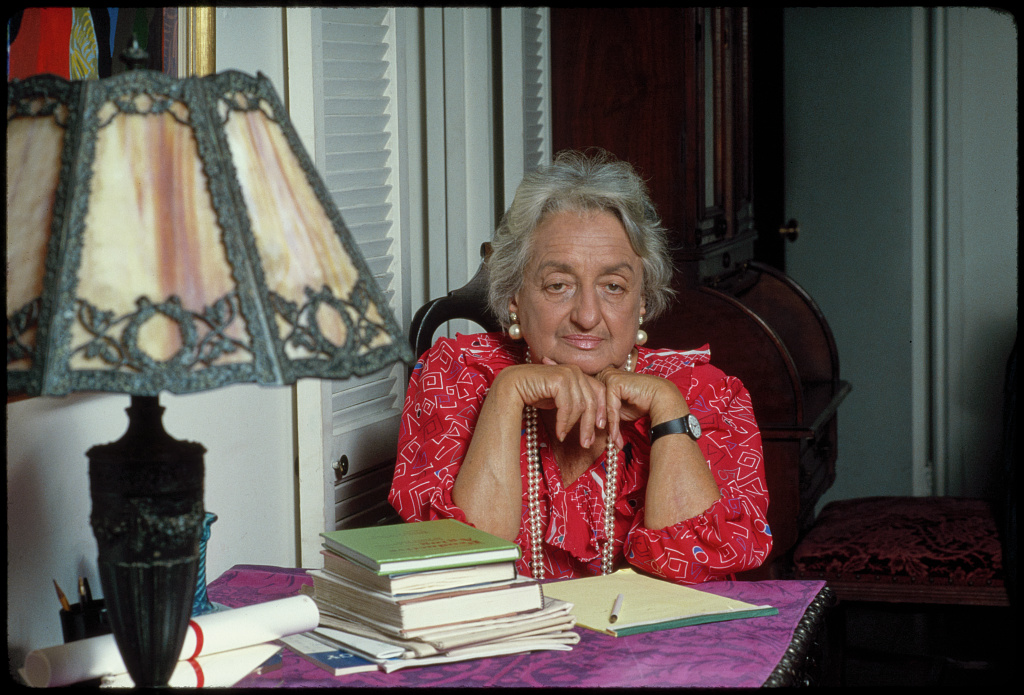
In 1963, Betty Friedan wrote The Feminine Mystique and changed everything. She gave voice to the millions of women who felt trapped in domestic roles they didn’t choose. Her book wasn’t just a bestseller—it was a wake-up call. She co-founded the National Organization for Women and pushed for gender equality long before it was a mainstream cause. If you’ve ever had the freedom to chase your dreams instead of just meeting expectations, Betty’s fight helped make that possible.
10. Angela Davis became the face of Black liberation and never backed down.
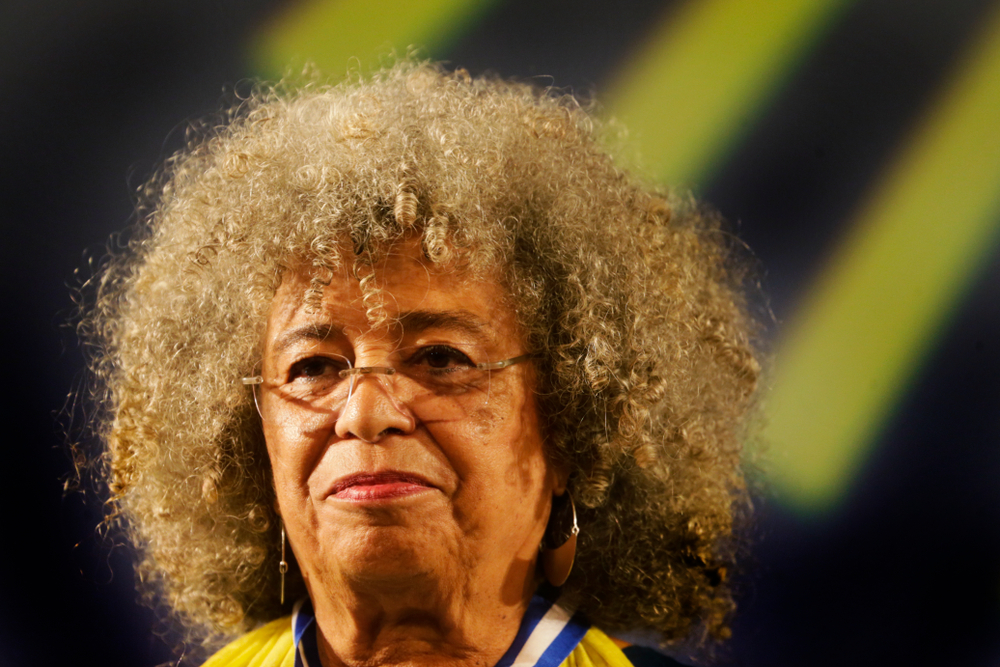
Angela Davis didn’t just talk about revolution—she lived it. A scholar, activist, and former Black Panther, she fought against racial injustice, mass incarceration, and economic inequality. Her radical stance made her a target, and she even landed on the FBI’s Most Wanted list. But she didn’t let fear silence her. She kept fighting, educating, and inspiring generations. If you’ve ever stood up to injustice, Angela showed the world that courage is louder than oppression.
11. Nina Simone used her music to fight battles most artists wouldn’t dare touch.
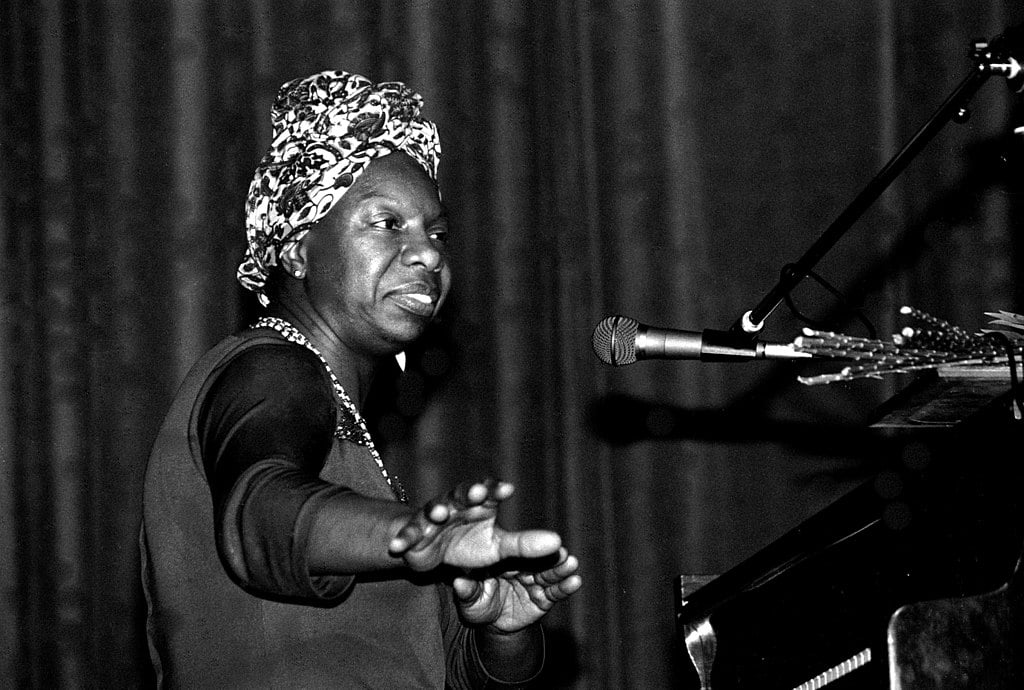
Nina Simone wasn’t just a singer—she was a warrior with a piano. Her music tackled racism, injustice, and the struggles of Black Americans in a way that couldn’t be ignored. Songs like “Mississippi Goddam” weren’t just tunes; they were battle cries. The industry didn’t always embrace her activism, but she never backed down. She showed that art isn’t just entertainment—it’s power. If a song has ever made you think, cry, or act, Nina helped set that standard.
12. Sally Ride proved that the sky wasn’t the limit—women could reach the stars.

In 1983, Sally Ride became the first American woman in space, but her journey started long before liftoff. In a male-dominated field, she had to fight for every opportunity. NASA wasn’t exactly rolling out the red carpet for women, but she shattered stereotypes with intelligence and skill. After her space missions, she dedicated her life to STEM education for girls. If you think women belong anywhere their talents take them, Sally was proof that nothing is out of reach.
13. Dolores Huerta fought for farmworkers’ rights—and never let anyone tell her she couldn’t.
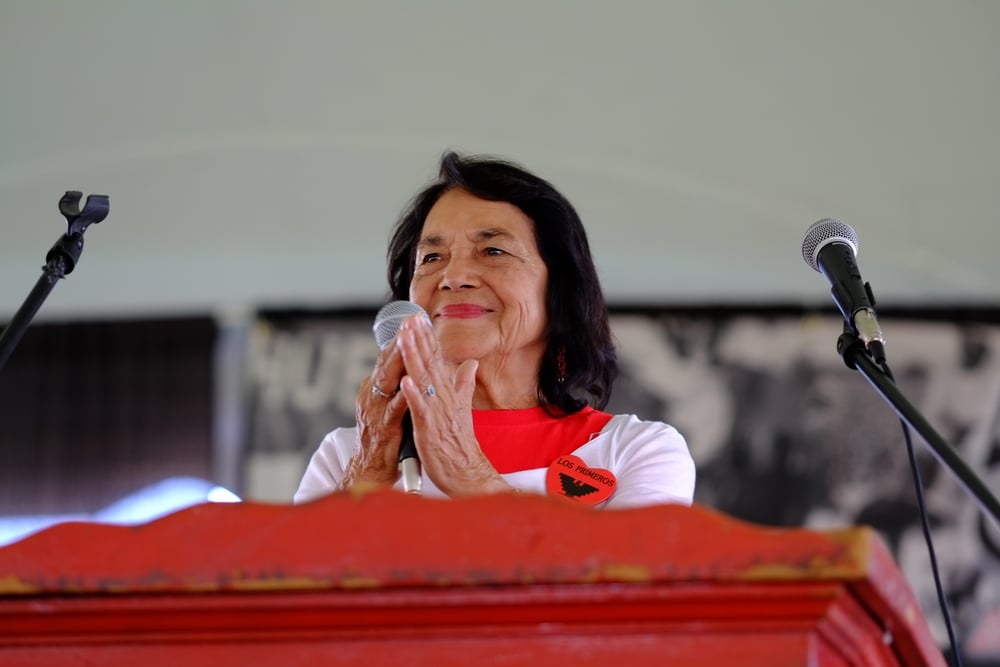
Dolores Huerta co-founded the United Farm Workers and led strikes, boycotts, and protests for fair wages and labor rights. She was arrested, beaten, and dismissed because she was a woman—but she never stopped fighting. Her famous phrase “Sí, se puede” (Yes, we can) became a rallying cry for movements beyond farmworkers. If you’ve ever fought for fair treatment, know that Dolores helped pave that road. She didn’t just ask for change—she demanded it, and she won.
